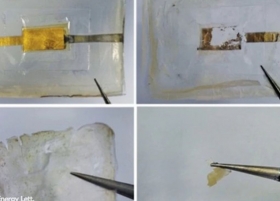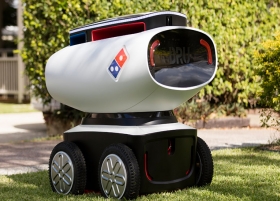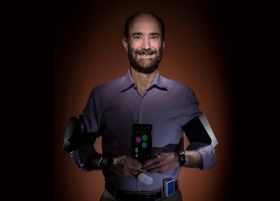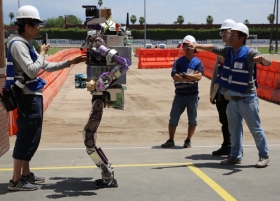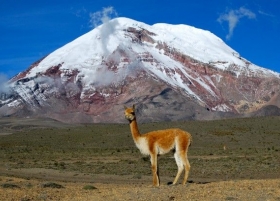Breaking News
- Festivals
FESTIVALS: LQBTQ NARRATIVES IN REGIONAL CINEMA
0 - Festivals
FESTIVALS: STAR STUDDED OPENING CEREMONY OF KASHISH 2024
0 - Festivals
FESTIVALS: INDIAN PREMIERE OF KUCH SAPNEY APNE ON 18TH MAY AT KASHISH 2024
0 - Powerful People
POWERFUL PEOPLE: DEBASMITA DASGUPTA HAS COME A LONG WAY
0 - Business and Politics
POLITICS: BURING FIRES, THREATNING GOONS
0 - Kaleidoscope
KALEIDOSCOPE: THE THIRD SKY IS AN ANTHOLOGY OF QUEER STORIES FROM ASSAM
0 - --Select subcategory--
FESTIVALS: THE RAINBOW FLAG UNFURLS
0 - Trending
TRENDING: STOP MISREPORTING DEMOGRAPHIC STUDIES TO CREATE FEAR & DIVISION
0 - Alternative Entertainment
ALTERNATIVE ENTERTAINMENT: THE RISK TAKERS BY SIDDHESH PANDEY
0 - Festivals
FESTIVALS: KASHISH 2024 WITH DEEPA MEHTA, NANDITA DAS AND MEENAKSHI SHEDDE
0


